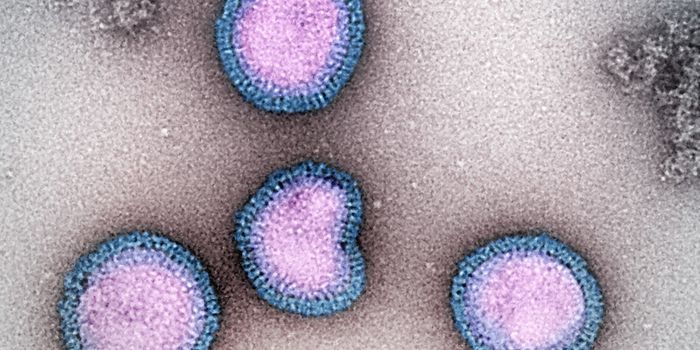A New Method to Decipher the Secrets of the Gut Microbiome
There are thought to be trillions of microbes in the human gastrointestinal system. This community of microbes, known as the gut microbiome, has a major impact on various aspects of our health and physiology, and has been associated with a variety of diseases. All of the microbes in the microbiome also carry their own genomes and can express their own genes. Researchers have been learning more about the specific gut microbes and genes that are connected to human health and disease. They are also looking for ways to manipulate that microbial community to promote better health, and to learn exactly which microbial species are hwalthy, or may increase disease risk.
Scientists at a company called Eligo Biosciences have now used a mouse model to show that it is possible to edit the genomes of gut microbes. Their findings have been reported in Nature. Eligo is aiming to address disorders that are thought to arise from dysfunction, imbalances, or pathogenic microbes in the gut microbiome.
In order to edit bacterial genes in the microbiome, scientists had to find a way to deliver the gene editing reagents to the right place in a mouse model, and make the correct changes once the editing tools arrived there.
The investigators developed a structure known as a capsid, which is a container used by viruses that infect bacteria, called bacteriophages. This bacteriophage capsid was engineered and purified so that it could carry synthetic DNA molecules. Those molecules carry the instructions for making a gene-editing system.
When mice were given capsids orally, the gene editing reagents were able to move to the gut, where they targeted the bacteria there. The gene editor specifically aimed for specific bacteria out of the hundreds of species that were present in the microbiome. The gene edits were made to single bases in bacterial genes that encoded for antibiotic resistance or infectious factors.
For example, when certain strains of E. coli were targeted, the gene editor was able to alter the target E. coli gene in 90 percent of cases. In some cases the efficiency rose to 99.7 percent. The genetic changes were maintained for as long as 42 days.
The tool can now help researchers identify specific bacterial genes that are linked to human health and diseases, and potentially, ways to modify them for better health.
"We finally now have a tool to interrogate the role of specific bacterial genes in health and disease," noted study co-author and Eligo Technology Vice President Jesus Fernandez.









